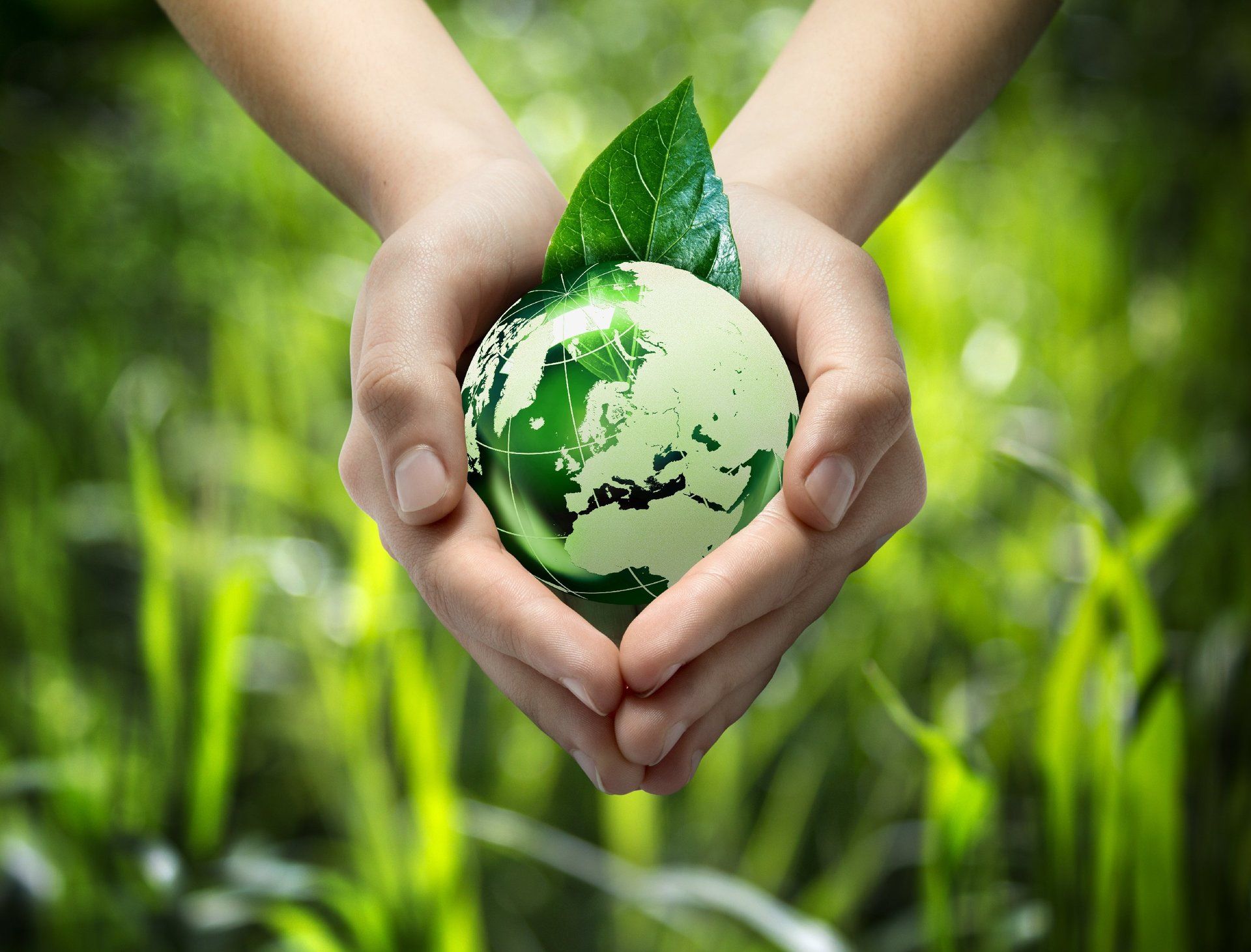Why recycling is not the answer to our plastic problem!
Recycling has become a way of life in the UK. We’ve grown used to diligently dividing up our rubbish into different bins and believing that this is sufficient to help the environment.
Recycling is a global industry established to take care of the 2 billion tonnes of waste we create across the globe each year. This blog will explore some of recycling’s shortcomings while supporting individual responsibility (as opposed to recycling) as the best way forward.
Participation is still voluntary in most parts of the UK – The UK generates more than 200 million tons of waste with an average of 45.5% being sent for recycling. All councils must offer a recycling service, but only a small number have made it compulsory for households to use.
Understanding - We need consistency nationwide, clearer guidelines and better education. We need to understand the recycling process so that we learn to segregate our waste appropriately before the recycling process begins. Recycling has very strict parameters of what can be recycled, and the slightest contamination renders an entire batch unusable.
A massive 80% of Brits say they feel “exasperated” about recycling.
I am the first to admit that I find recycling confusing and am also guilty of wish-cycling (the hope that waste can be recycled).
Systems are inefficient – recycling is costly and time-consuming as it often involves manual sorting, transporting and processing.
Contamination can render an entire batch unusable - with 27.8 million households recycling plastic, we can all imagine how time-consuming and difficult the process must be.
Contaminated recycling has now reached critical levels in many areas, enough that some recycling centres have been forced to close down altogether due to the high percentage of waste contamination in their recycling bins. Derbyshire council closing all its recycling centres - Derbyshire Live (derbytelegraph.co.uk)
Recycling is an industry not a service – recycling companies make money from your recycling and for this reason they need you to recycle more rather than less but demand is not what it used to be.
Virgin plastics are cheaper to produce than recycling plastic products, undermining the viability of the recycling sector.
Businesses and government are not held accountable - It is down to businesses and government to make sure that recycling works; they can use their efforts to encourage recycling but at the end of the day it won’t work unless communities want it too.
Recycling gives us a false sense of accomplishment - recycling makes us feel good but recycling is not an answer to our problems. We are trying to close the stable door after the horse has bolted.
Here are a few tips that may help us all make the recycling process more effective;
Tip #1: Only recycle items you know to be recyclable – visit your local authority website for further information.
Tip #2: Don’t recycle anything smaller than a credit card
Tip #3: Recycling needs to be empty, clean, and dry
Tip #4: Avoid tanglers - items that can wrap around equipment — this includes, but is not limited to plastic bags, clothing, ropes, chains, blinds cords, and metal hangers.
Tip #5: Keep it loose – don’t bag it
What can you do in addition to recycling?
There are many things we can do to push ourselves past just recycling. We can make fundamental shifts in the way we consume. We can demand innovative solutions by supporting sustainable businesses. And we can vote at every level of government to put our support behind the people who will fight for our environmental values.
Moving Beyond Recycling
As a nation we love recycling. It’s a wonderful practice with some tangible environmental benefits. But it really isn’t a silver bullet to all of our environmental problems.
Recycling is a great tool in the fight for environmental sustainability, but it’s most effective when used sparingly. And because recycling alone won’t save us, we can’t get complacent with just being recyclers.
Instead, we’ve got to re-evaluate our habits and patterns of consumption daily. If we want to combat climate change, pollution, and overconsumption, then we’ve got to reach for every tool in the toolbox—not just simply place our rubbish into different containers.
As individuals, we have opportunities daily to shift the tide by reducing our consumption, reusing items wherever possible, and recycling only when necessary. If we abide by these three principles, reduce, reuse, recycle—in this order—we’ll lead by example and take a stand for sustainability.
Shop Now for Quality Plastic-Free Products
Author: Debbie Plumridge, Shop No Plastic Article: Sponsored
Resources:
Infographic: why recycling is not enough – The Earthbound Report
Plastic recycling: an underperforming sector ripe for a remake (unep.org)
Recycling Alone Won't Save Us | The Everyday Environmentalist
Related Articles

Would you like to share your content?
Our focus is to grow this space to become a place of value where you can contribute, learn, teach, share & feel engaged in community life. Our vision is to create a space for the community and support you to create something amazing within it.
Brought to you by
LATEST BLOGS...

BRINGING THE COMMUNITY TOGETHER THROUGH THE STRENGTH AND POWER OF VOLUNTEERING
Community Interest Company (number 13424641)
Email us on
info@thisishaslemere.co.uk
© All Rights Reserved |
Privacy Policy
Keep up to date...
Newsletter Sign Up
Thank you for signing up to the newsletter.









